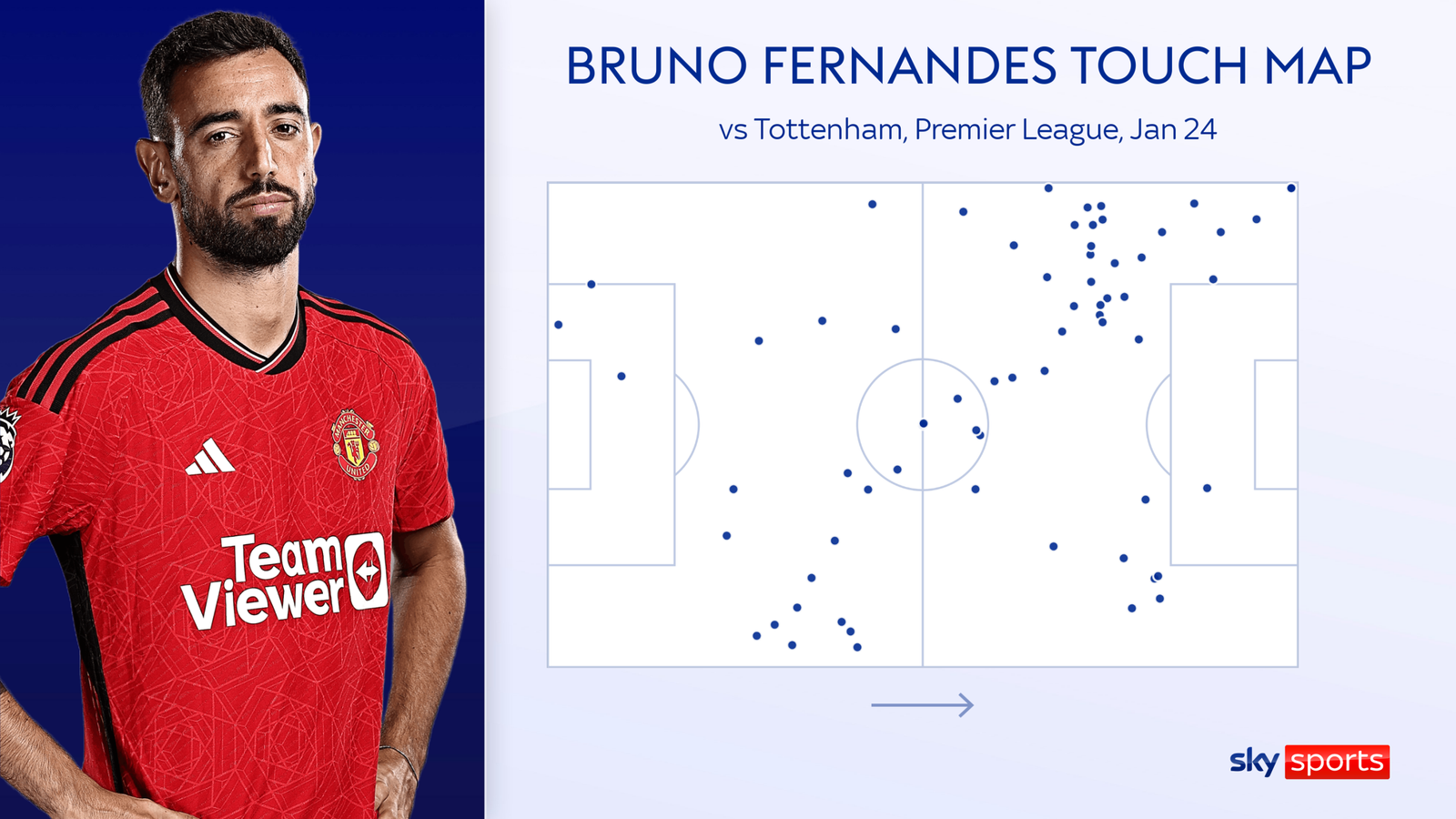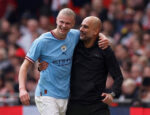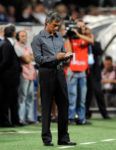Gary Neville’s recent remarks have sparked a debate over Bruno Fernandes’ role at Manchester United. His unrestricted freedom on the field is allegedly disrupting the team’s attacking strategy, contributing to their underwhelming performance in the Premier League, where they rank low in goal-scoring. The core of Neville’s argument lies in the tactical dilemma posed by Fernandes’ unrestricted role. In modern football, where structured play and tactical discipline are paramount, Fernandes’ tendency to drift across the pitch is increasingly seen as a tactical anomaly. This approach, reminiscent of the traditional ‘No 10′ role, seems at odds with the contemporary emphasis on rigid structures and defined roles within a team.
Fernandes, hailed as one of the most talented players in the squad, appears to be given carte blanche on the pitch. His touch map from the 2-2 draw with Tottenham is a testament to his omnipresence, seemingly without strict positional constraints. This season, despite his undisputed skill, Fernandes has netted just three goals and provided three assists in the league, a modest return for a player of his caliber. Neville suggests that Fernandes’ unrestricted movement hinders the development of consistent attacking patterns, a crucial element for any successful team.

Contrasting Fernandes’ role with that of players in rival teams like Manchester City offers a stark difference. For instance, Kevin De Bruyne, operating under Pep Guardiola’s disciplined system, is restricted to a more defined area, contributing to City’s cohesive playstyle. This difference in structure is also highlighted by former England and Manchester City women’s team midfielder Jill Scott, who emphasizes the importance of a consistent system from the academy to the first team.
Sky Sports pundit Jamie Carragher weighs in, suggesting that while Fernandes is a great talent, his tendency to roam extensively might prevent him from reaching the status of a truly great player. This sentiment is echoed by former Manchester United captain Roy Keane, who notes that Fernandes’ style is not just a coaching issue but a trait that becomes more pronounced in a struggling team. Moving forward, the challenge for Erik ten Hag and Manchester United is to find the right balance between leveraging Fernandes’ undeniable talent and ensuring it aligns with the team’s overall tactical framework. This balance is crucial not only for Fernandes’ personal development but also for the team’s ability to establish a consistent and effective attacking strategy.
The debate around Bruno Fernandes at Manchester United underlines a fundamental tension between individual brilliance and team cohesion. His role, as it stands, is a double-edged sword – offering unpredictability but at the cost of structured team play. As United seeks to climb back to the top, resolving this dilemma could be key to their success.








